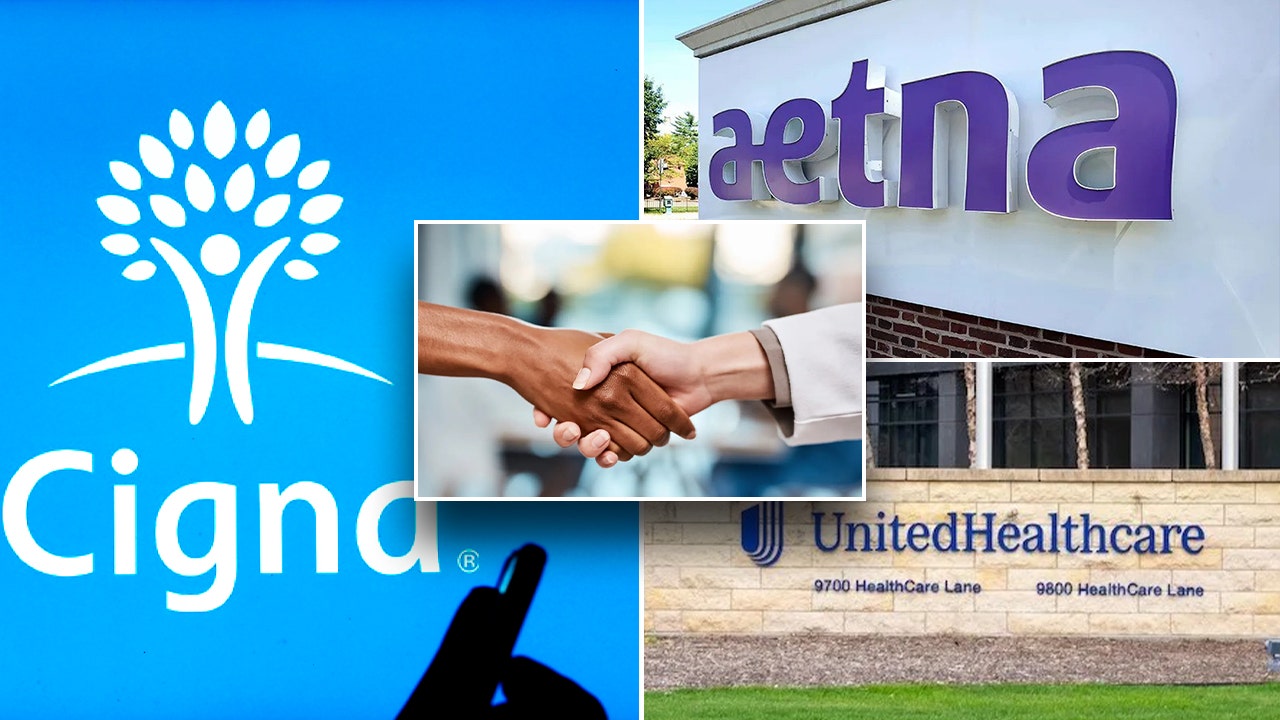LA Wildfire First Responders: Facing a Silent Health Crisis – Parallels to 9/11 Emerge

Months after the devastating wildfires that swept through Los Angeles, a concerning trend is emerging: the health of the first responders who bravely battled the blazes is deteriorating. ABC News’ Matt Gutman investigates the escalating health concerns plaguing these heroes, revealing a potential long-term crisis mirroring the medical aftermath experienced by 9/11 responders.
The wildfires, fueled by extreme drought and high winds, pushed firefighters, paramedics, and police officers to their limits. They were exposed to a toxic cocktail of smoke, ash, particulate matter, and potentially hazardous chemicals released from burning structures. While the immediate dangers of the fires were clear, the insidious long-term health effects are now beginning to surface.
A Familiar Pattern: Echoes of 9/11
What's particularly alarming is the growing number of first responders reporting respiratory illnesses, neurological issues, and a range of other ailments. Experts are drawing parallels to the health crisis faced by those who responded to the 9/11 attacks. “We saw it with 9/11, and we’re seeing it now,” explains Dr. Emily Carter, a leading environmental health specialist. “Exposure to these toxins doesn't always manifest immediately. It can take years, even decades, for the full impact to become apparent.”
Specific Health Concerns
The reported health concerns are diverse and troubling. Many firefighters are experiencing chronic coughs, asthma, bronchitis, and other respiratory problems. Others are struggling with fatigue, cognitive difficulties, headaches, and sleep disturbances. Some are even reporting symptoms consistent with post-traumatic stress disorder (PTSD), compounded by the physical toll of their efforts.
Challenges in Accessing Care
Despite the growing evidence of health problems, many first responders face significant hurdles in accessing the medical care and support they need. Bureaucratic red tape, lengthy application processes for compensation, and a lack of awareness among healthcare providers about the specific health risks associated with wildfire exposure are all contributing to the problem.
The Need for Proactive Measures
Experts are urging for proactive measures to address this looming crisis. This includes:
- Enhanced Medical Monitoring: Regular health screenings and specialized medical care for first responders exposed to wildfire smoke and toxins.
- Streamlined Compensation Process: Simplifying the process for first responders to file claims and receive compensation for health-related expenses.
- Public Awareness Campaigns: Educating the public and healthcare providers about the long-term health risks associated with wildfire exposure.
- Improved Protective Equipment: Investing in better protective gear for first responders to minimize exposure to harmful pollutants.
A Call for Action
The health of our first responders is paramount. Ignoring this emerging crisis would be a grave disservice to those who risked their lives to protect our communities. Just as we learned from the experiences of 9/11, it’s crucial to act now to provide these heroes with the care and support they deserve, ensuring their long-term health and well-being. The stories of these courageous individuals serve as a stark reminder of the hidden costs of wildfires and the urgent need for comprehensive support systems for those who answer the call when disaster strikes.






